In the ever-evolving landscape of aged care, effective care management is key.
As clinical professionals, understanding the intricate responsibilities involved in ensuring the well-being of residents is paramount.
Among the tools at our disposal are reports, not only streamlining operations but also enhancing the overall quality of care.
We've put together a list of the reports we deem as pivotal to any aged care organisation, having the ability to influence the trajectory of care management.
1. Evacuation List - Resident Safeguarding in a Crisis
Unforeseen emergencies can strike at any moment, and having a well-prepared evacuation list is crucial.
This report provides a clear photograph of each resident, summarises relevant personal and medical details and their mobility needs. This provides a swift overview for care teams during evacuation drills or real emergencies.
Keeping your Evacuation List up to date is a proactive measure that you can take to enhance the safety and well-being of residents.
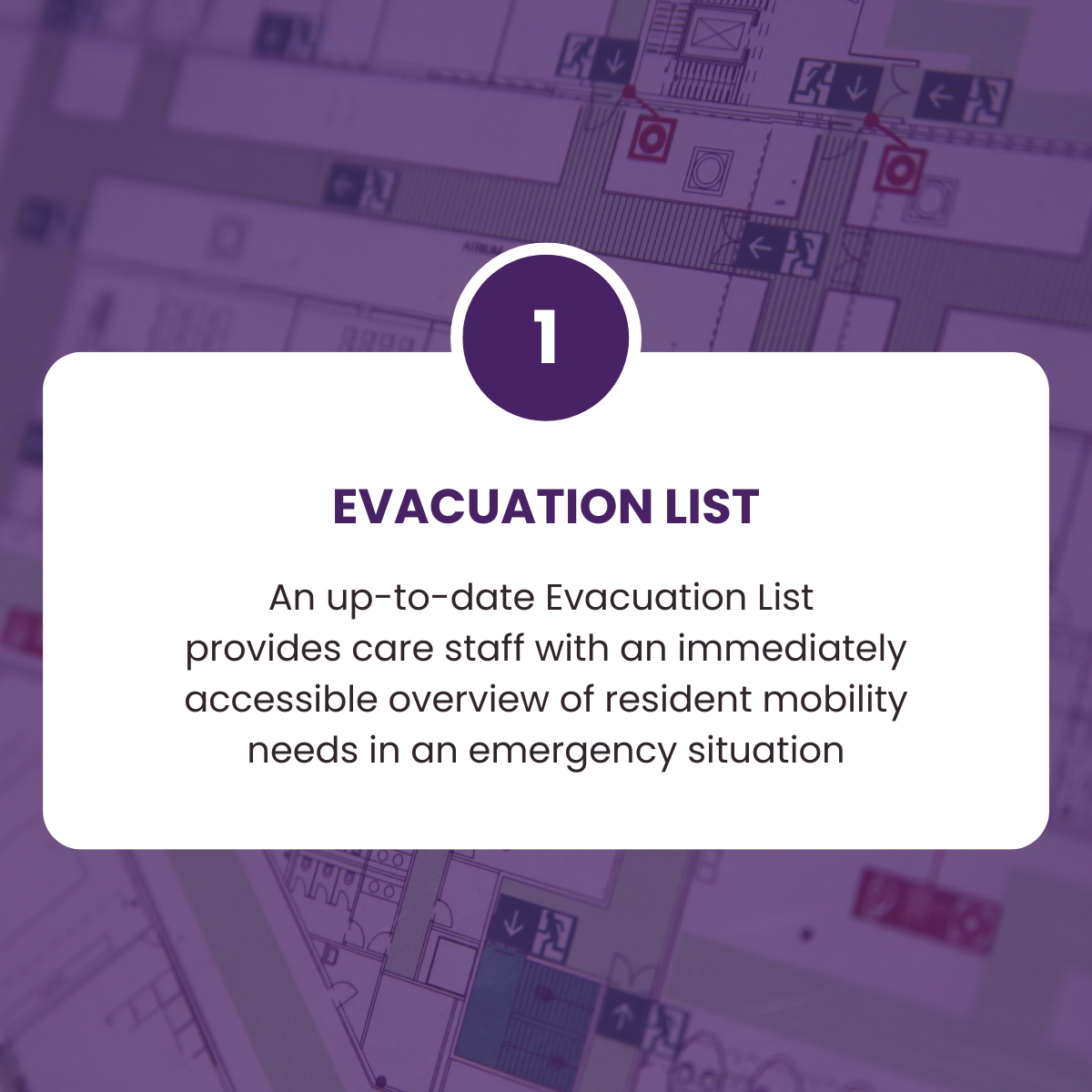
2. Incident Management Summaries - Continuous Learning and Improvement
Despite staff vigilance, incidents can still occur.
Incident Summary Reports capture the details of unexpected events to ensure transparency and thorough documentation.
Analysing Incident Summaries helps care teams to identify trends, implement preventative measures, and continuously improve safety protocols within the facility.
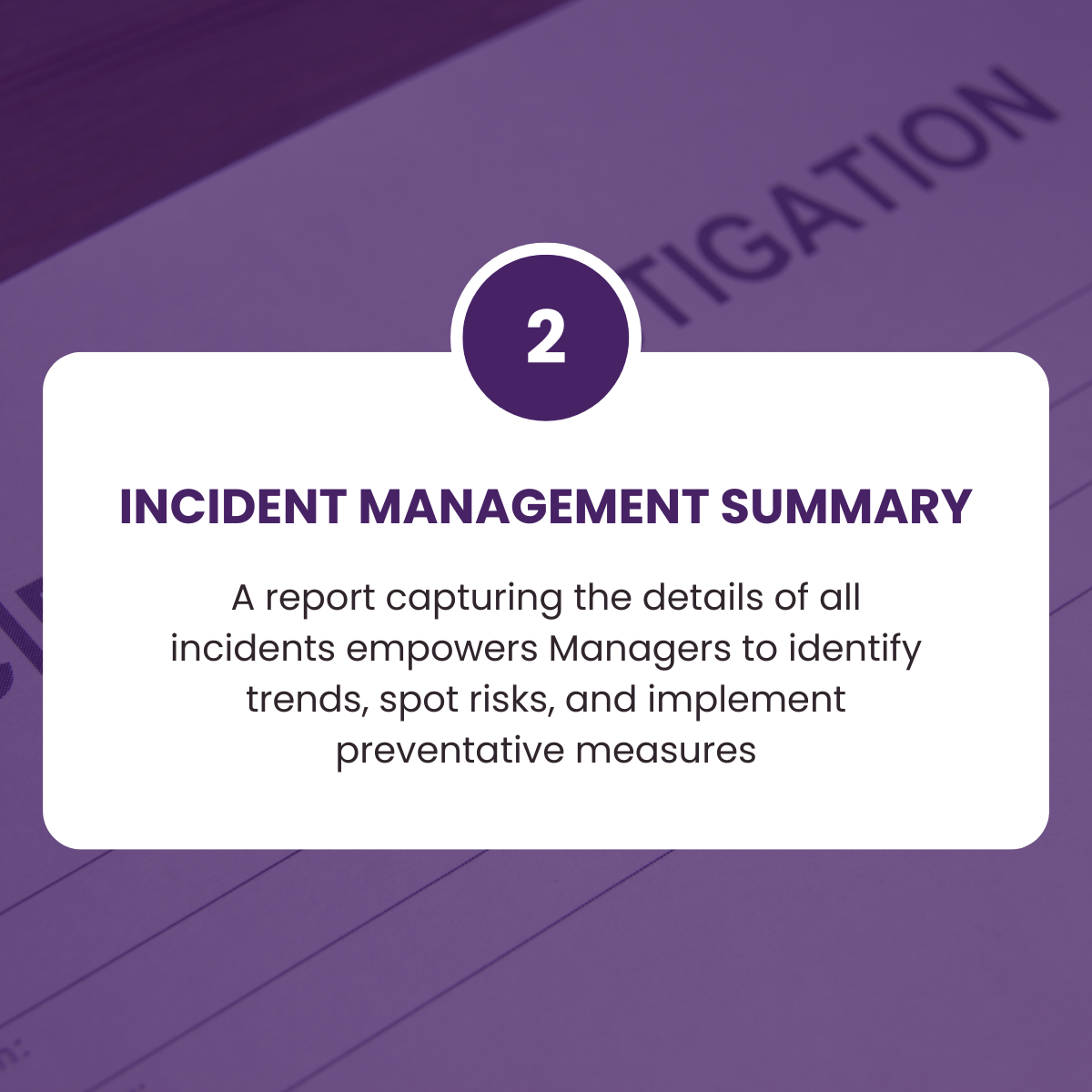
3. Technical Nursing Directive - Guiding Care with Precision
The Technical Nursing Reports act as a reference point for care providers, offering detailed guidance on specific medical procedures and interventions, such as enteral feeding regimes and wound management plans.
These reports ensure that care teams are equipped with each resident's individual care directives, empowering them to deliver care with precision and confidence.
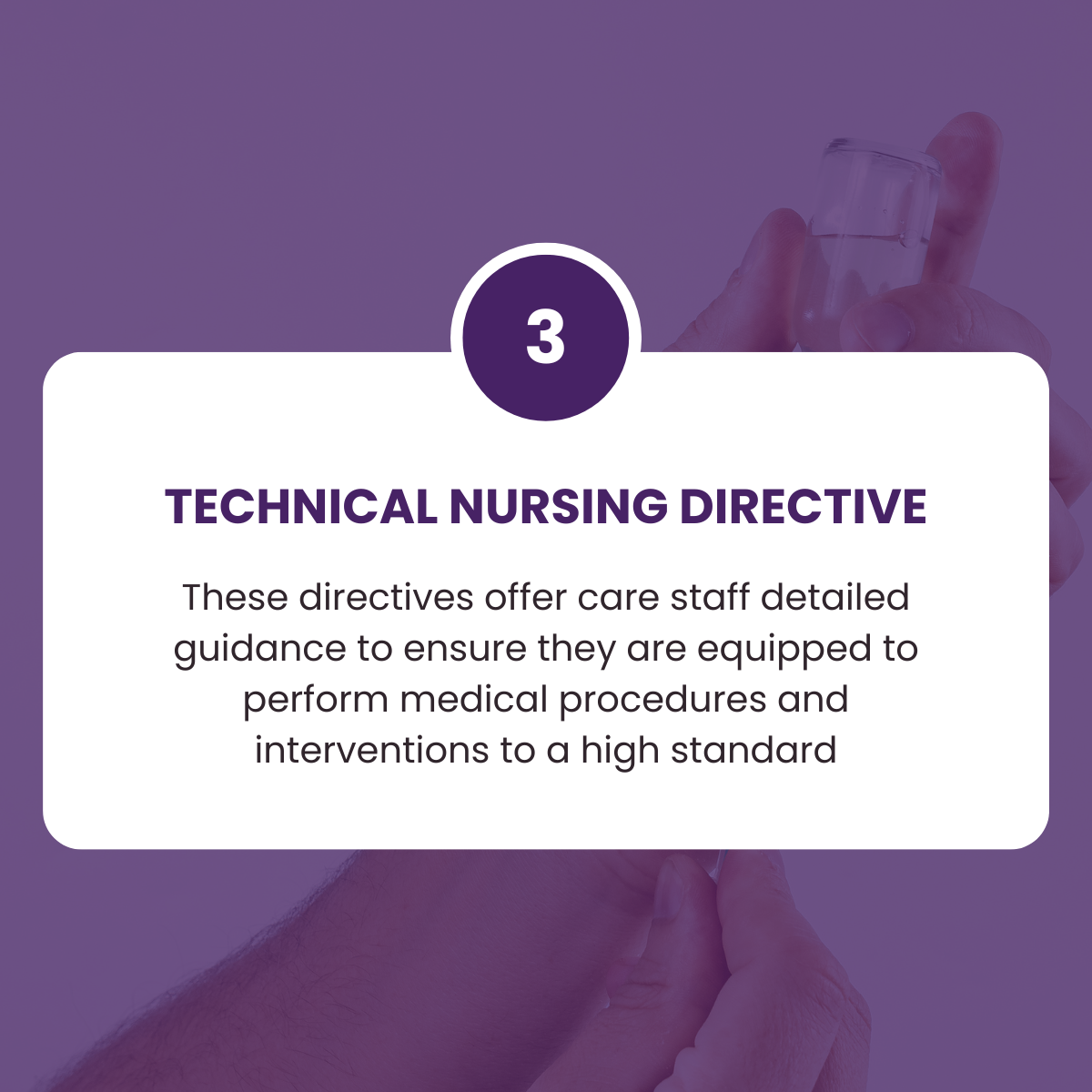
4. Completion of Care Plan Reviews - A Holistic Approach to Well-being
Regular care plan reviews are fundamental to effective care management.
These reports track the completion of care plan reviews to ensure that each resident is receiving personalised and up-to-date care.
These reports also foster alignment within the care team, promote consistency and enhance the overall quality of care provided.
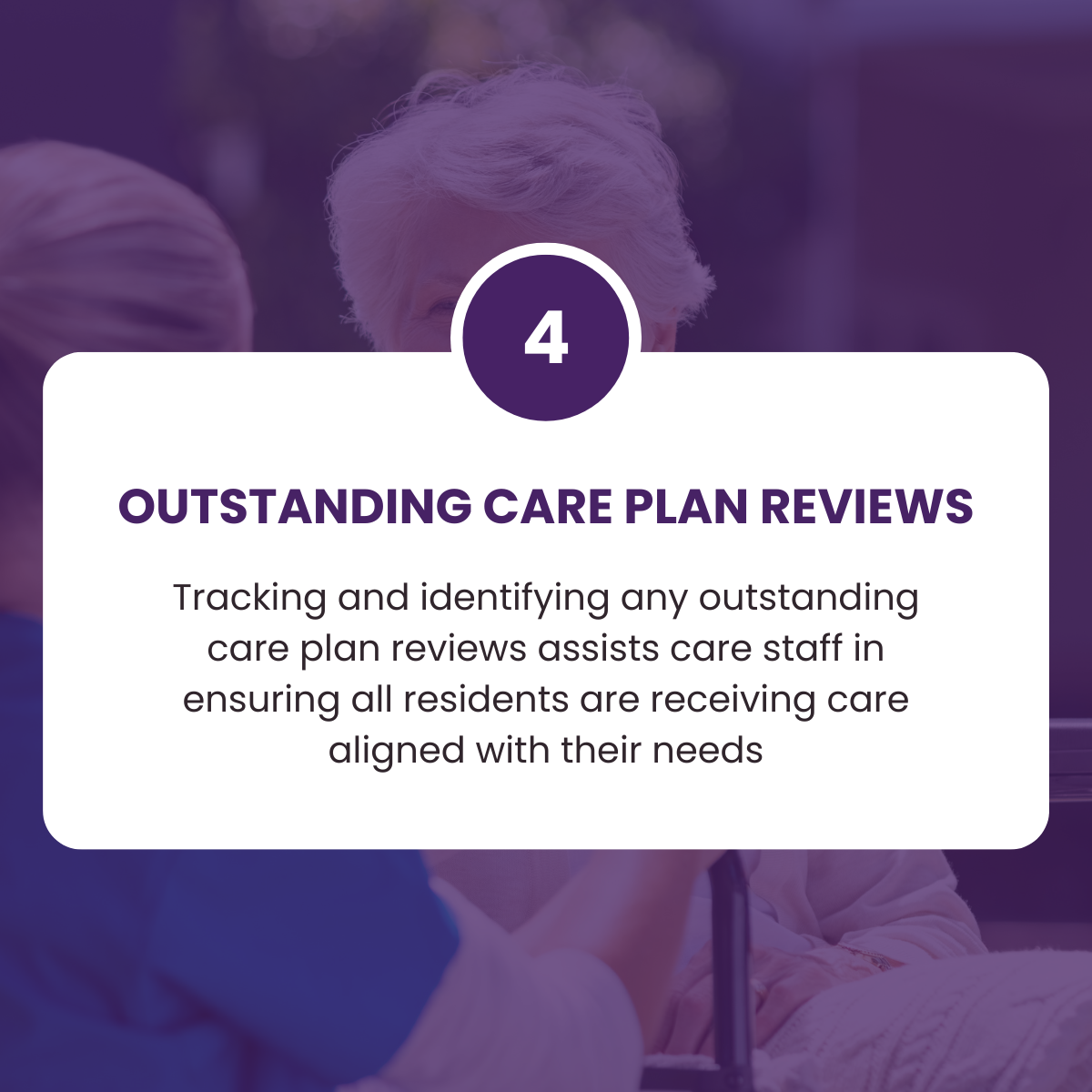
5. Unannounced Quality Visit Reports - Upholding the Quality Standards
Quality visits serve as the benchmark for assessing the excellence of care services.
Unannounced Quality Visit Reports provide a real-time snapshot of the facilities performance during surprise inspections.
Having quick access to these reports allows care staff to provide requested information to auditors in a timely manner without compromising care provision.
Audit readiness enables the care team to be prepared for regulatory reviews, ensures consistent adherence to the Quality Standards, and fosters trust among residents, families and care staff.
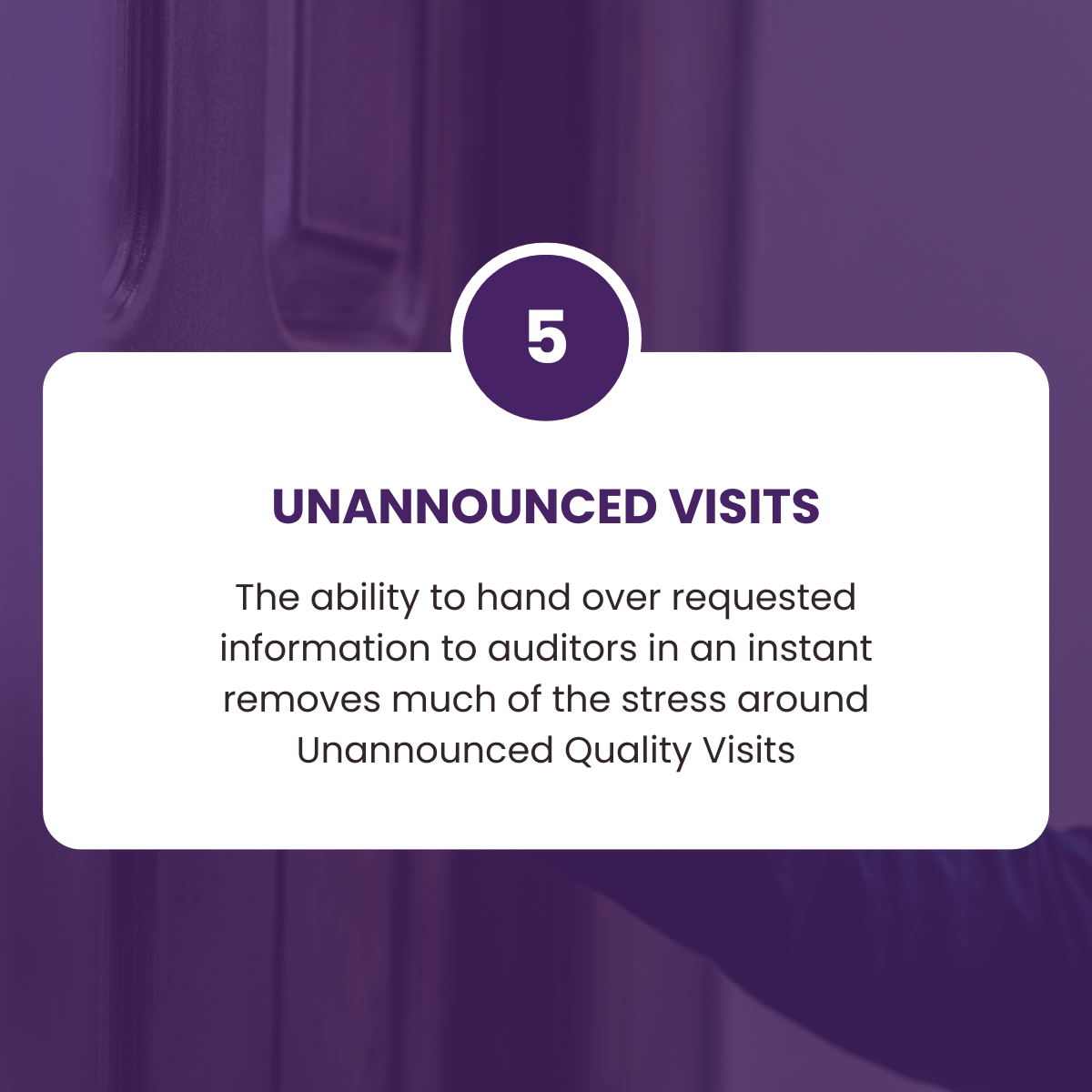
6. Medication Reports - Navigating Complexities of Medication Management
Managing medications for residents is a multifaceted task that demands diligence and accuracy.
Medication reports, including Prescribed Medications Reports, Administered Medication Reports and Missed Medication Reports streamline processes and aid care staff in their auditing process.
These reports offer a comprehensive overview of medication cohorts and administration records. When used effectively, this information can enhance resident safety and simplify the medication management process for care staff.
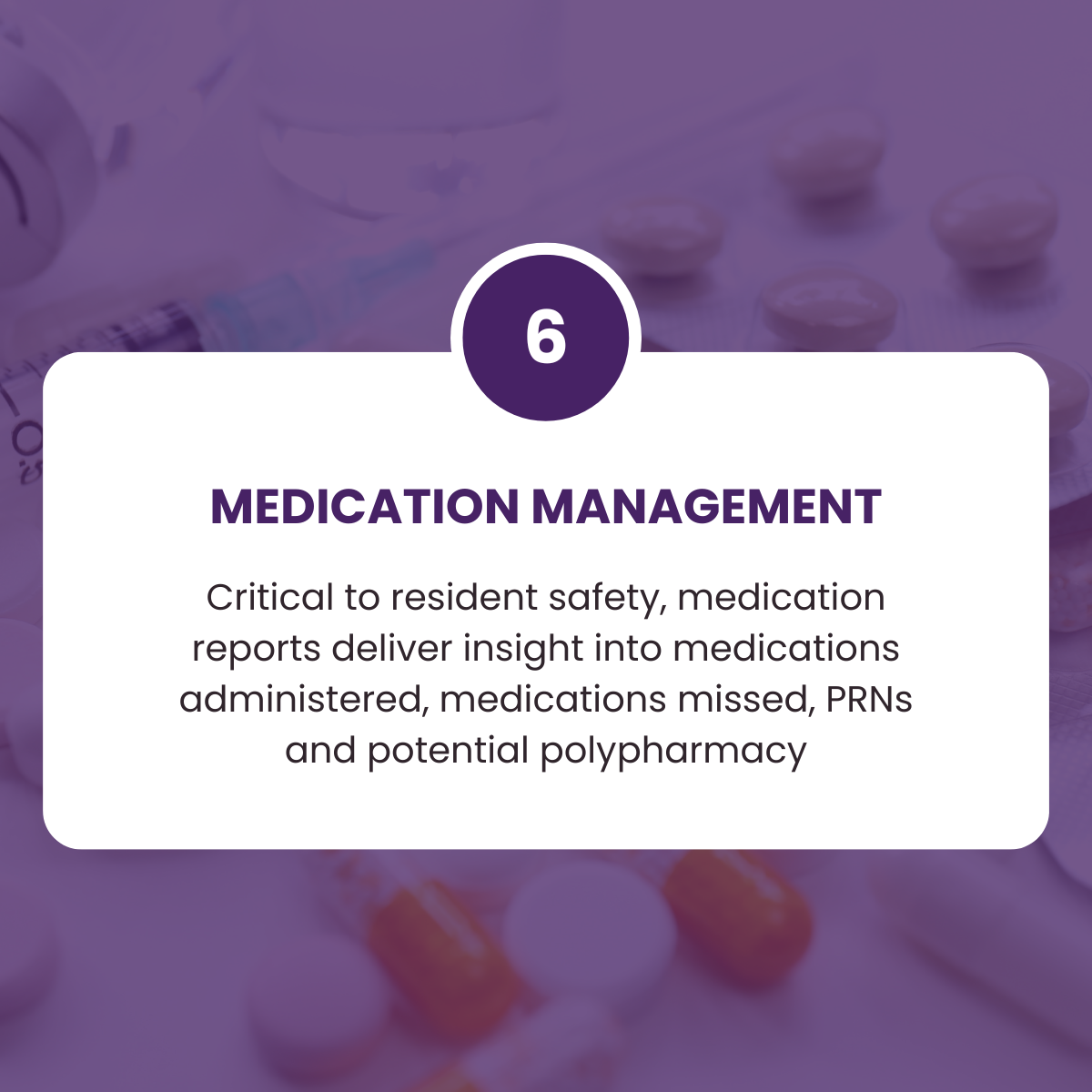
In the pursuit of delivering aged care services of the highest standard, access to accurate data is critical.
These essential reports function as compasses guiding care management practices. From ensuring resident safety to fostering a culture of continuous improvement through incident management summaries, these reports each have a vital role to play in facilitating and elevating the quality of care provided.